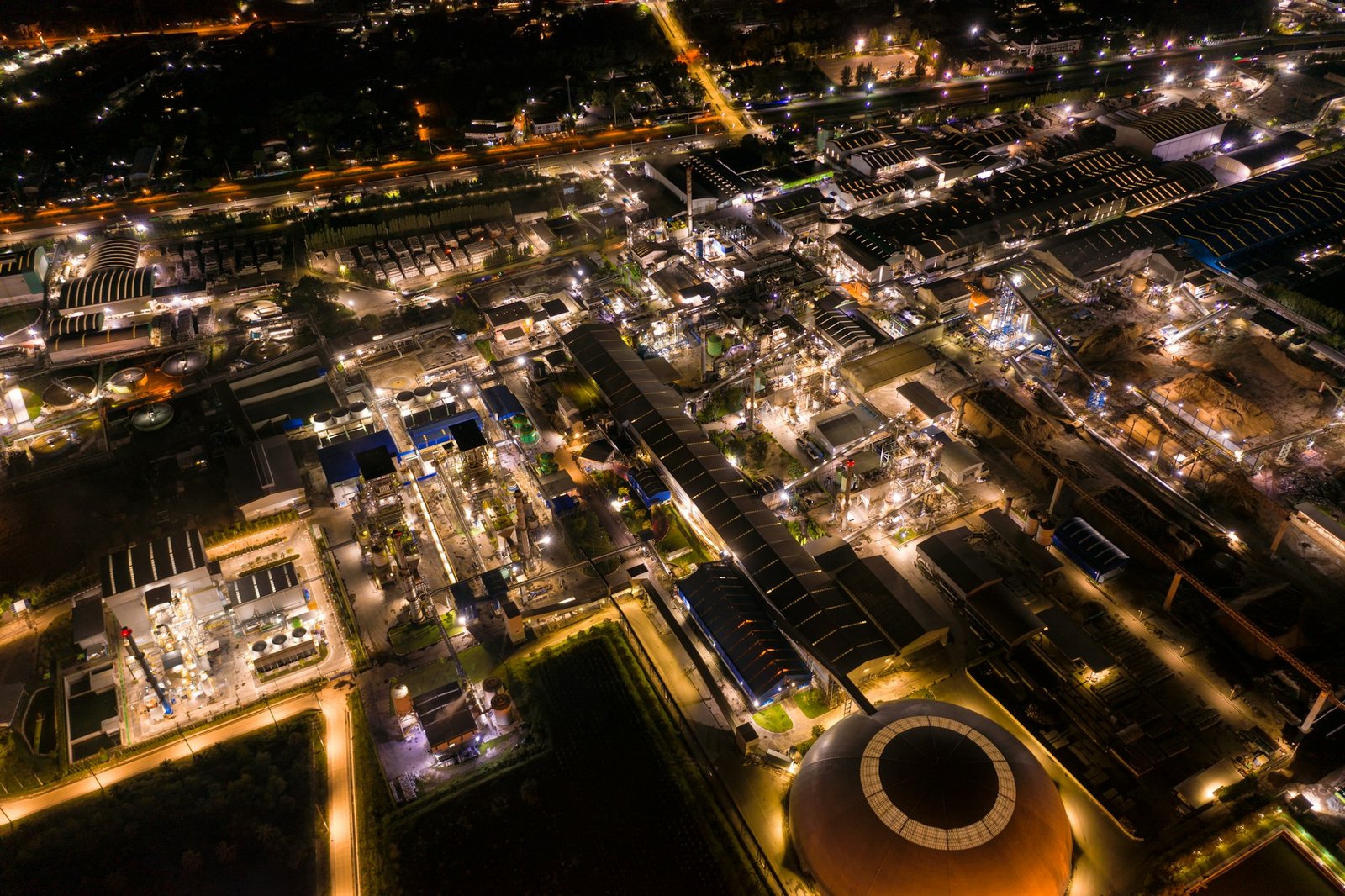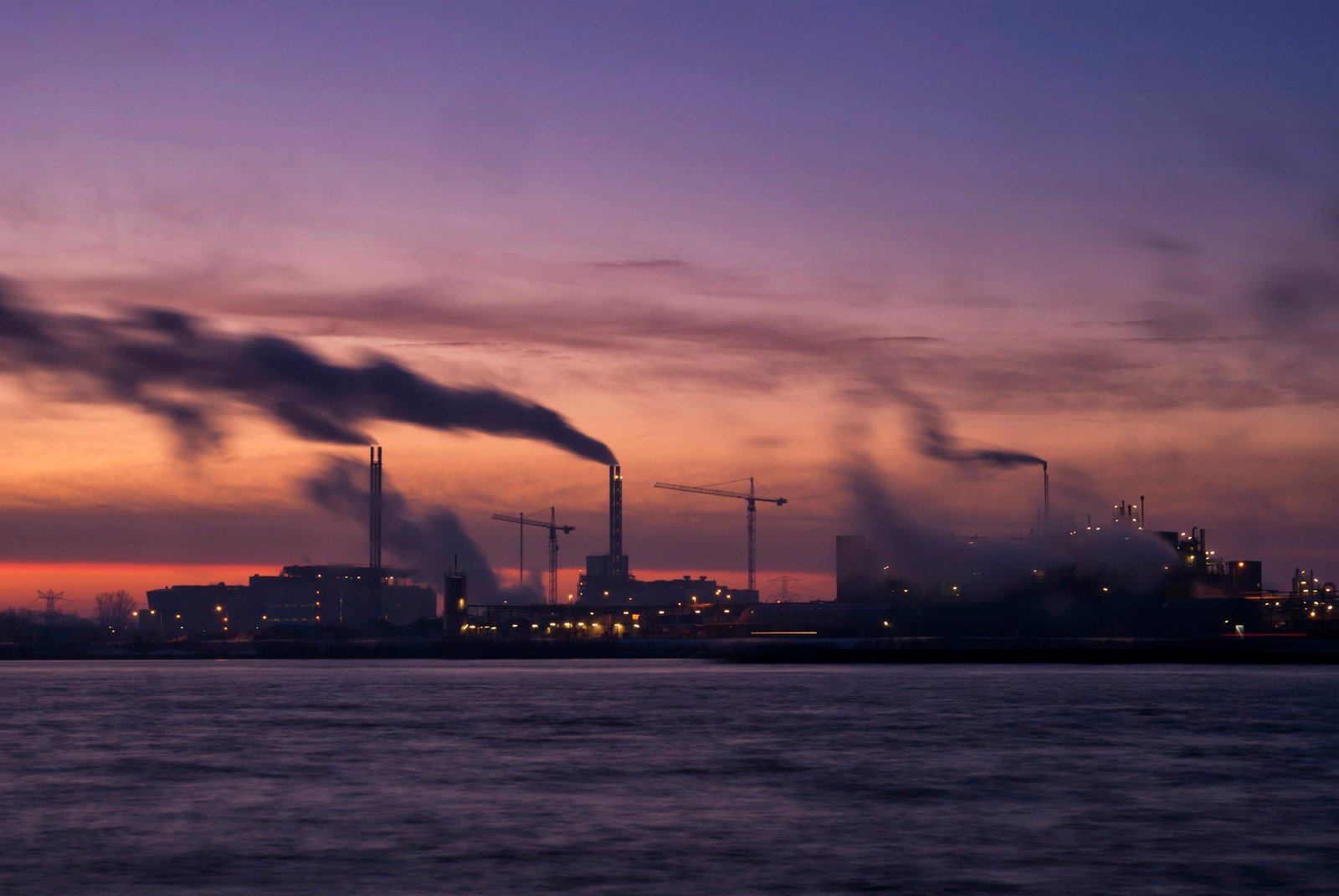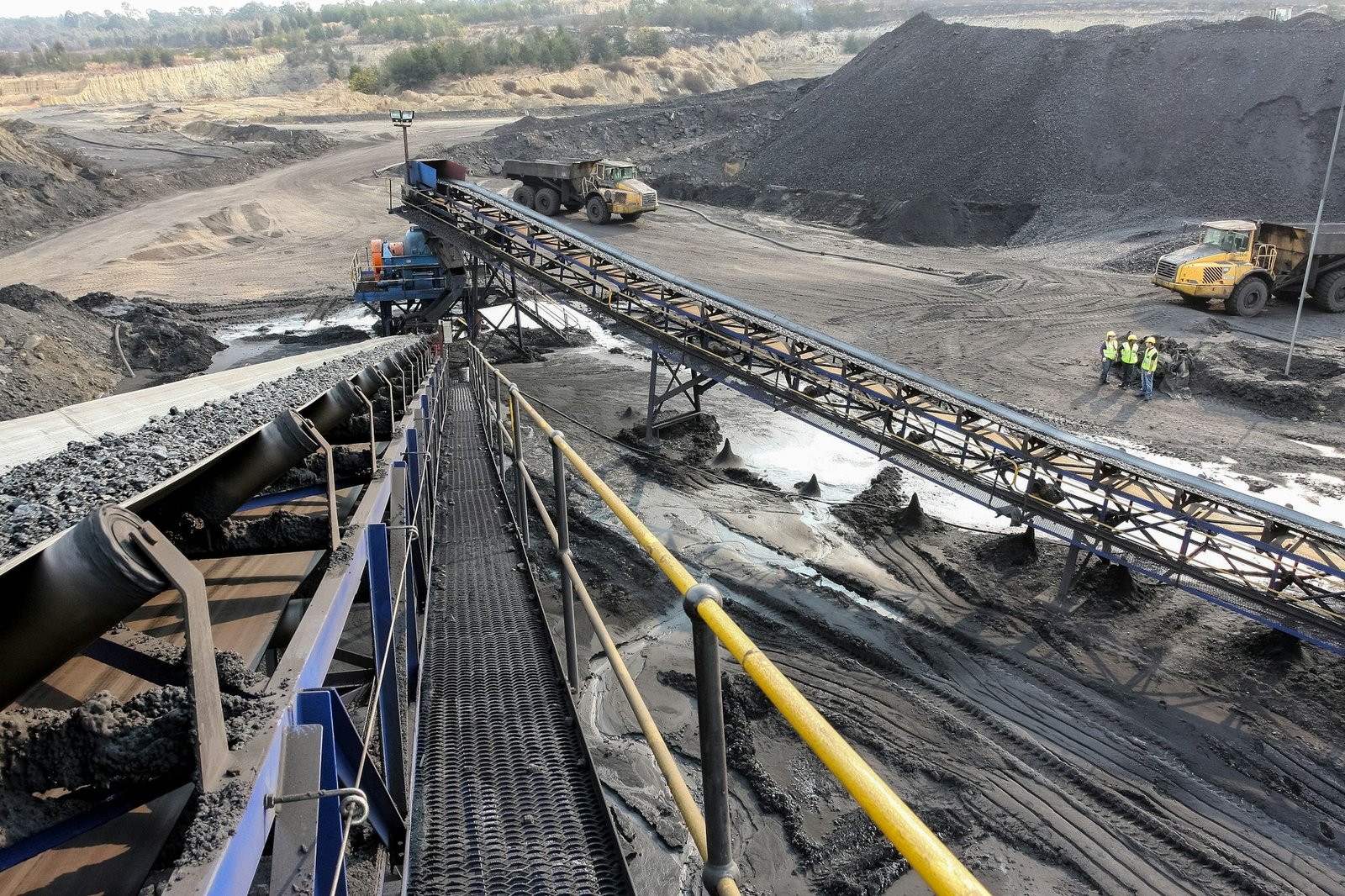In the face of escalating environmental concerns, the quest for sustainable waste management solutions has become more urgent than ever. Among these, chemical recycling emerges as a beacon of hope, offering a promising pathway to mitigate the global plastic waste crisis. This article delves into the advancements and challenges of chemical recycling technologies, underscoring their pivotal role in revolutionizing plastic waste management.
Understanding Chemical Recycling
Chemical recycling, unlike traditional mechanical recycling, breaks down plastic waste into its molecular components. These can then be repurposed to manufacture new plastics, effectively closing the loop on the plastic lifecycle. This process not only diverts plastics from landfills and oceans but also reduces the reliance on virgin materials for new products.
The Process of Chemical Recycling
Chemical recycling encompasses several techniques, each with its unique approach to plastic waste conversion. The most prominent methods include:
- Pyrolysis: This process involves the thermal decomposition of plastic waste in the absence of oxygen, converting it into synthetic crude oil, which can then be used to produce new plastics or as an alternative energy source.
- Gasification: Similar to pyrolysis, gasification breaks down plastics at high temperatures, but in the presence of a controlled amount of oxygen, producing syngas (synthetic gas) that can be converted into various chemicals and fuels.
- Chemolysis: This method includes processes like hydrolysis, glycolysis, and methanolysis, where chemical agents break down plastics into monomers or other valuable chemicals, which can then be polymerized into new plastics.
Advancements in Chemical Recycling
Recent years have seen significant advancements in chemical recycling technologies, driven by innovation and increasing investment. These developments have enhanced the efficiency, scalability, and economic viability of chemical recycling, making it a more attractive option for managing plastic waste. For instance, improvements in catalyst design and process optimization have increased yield and reduced energy consumption, while advancements in sorting and pre-treatment technologies have broadened the range of recyclable plastics.
The Role of Chemical Recycling in Sustainable Waste Management
Chemical recycling plays a crucial role in the transition towards a circular economy, where the value of materials is maintained for as long as possible. By converting waste plastics back into raw materials, chemical recycling reduces the environmental footprint of plastic production and consumption, conserves resources, and decreases greenhouse gas emissions associated with plastic disposal and virgin plastic production.
Challenges Facing Chemical Recycling
Despite its potential, chemical recycling faces several challenges that must be addressed to realize its full promise. These include:
- Technical Limitations: Not all plastics are currently suitable for chemical recycling, and contamination can significantly affect the efficiency and quality of the output.
- Economic Viability: High operational and capital costs, coupled with fluctuating oil prices, can impact the economic competitiveness of chemical recycling compared to traditional recycling methods and virgin plastic production.
- Regulatory Hurdles: The lack of clear regulatory frameworks and standards for chemically recycled plastics can hinder market acceptance and investment.
The Future of Chemical Recycling
The future of chemical recycling is inherently linked to ongoing research, policy support, and collaboration across the value chain. Innovations in technology and process optimization, coupled with supportive legislation and increased consumer awareness, will be key to overcoming existing challenges and scaling up chemical recycling operations.
In conclusion, chemical recycling represents a new horizon in plastic waste management, offering a sustainable solution to the global plastic crisis. While challenges remain, the advancements in this field herald a promising future, where plastic waste is not seen as an environmental threat but as a valuable resource for a circular economy.
FAQs:
What makes chemical recycling different from mechanical recycling?
Chemical recycling breaks plastics down to their molecular level, allowing for the creation of new plastics with virgin-like quality, whereas mechanical recycling merely reprocesses plastics into lower-quality materials.
Is chemical recycling environmentally friendly?
Yes, when optimized, chemical recycling can significantly reduce the environmental impact of plastic waste by diverting it from landfills and oceans, reducing reliance on fossil fuels, and lowering greenhouse gas emissions.
Can all plastics be chemically recycled?
Currently, not all plastics are suitable for chemical recycling due to technological and economic constraints. However, ongoing advancements are expanding the range of recyclable plastics.
What are the main products of chemical recycling?
The main products include synthetic crude oil, syngas, and monomers, which can be used to produce new plastics, fuels, and other chemicals.
How can the challenges facing chemical recycling be overcome?
Overcoming the challenges requires a multifaceted approach, including technological innovation, regulatory support, investment in infrastructure, and fostering market demand for recycled products.






